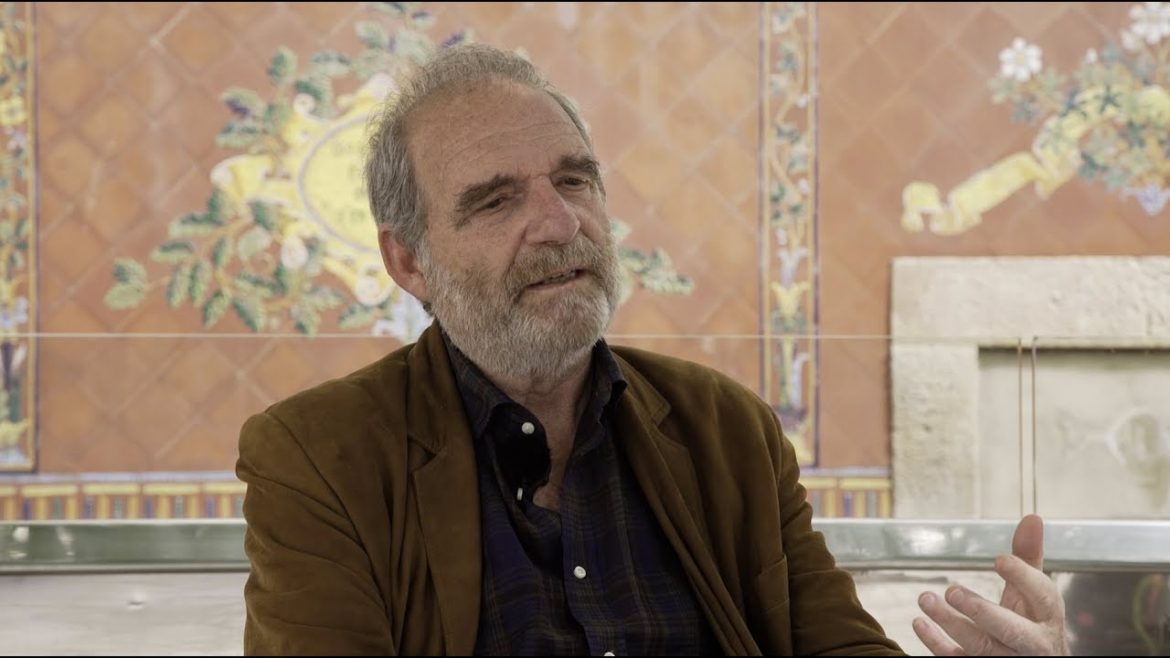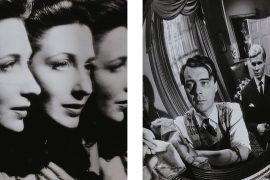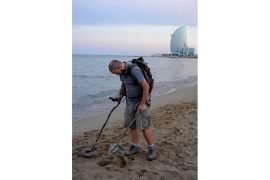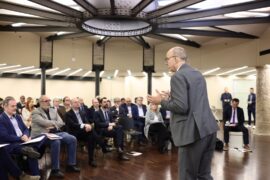The documentary genre is going through a time of clear expansion. However, very few privileged ones can afford to dedicate to this task exclusively, as it “gives prestige, not money”, complains Carles Bosch, on his recent release, Petitet, at the DocsBarcelona Fest.
Bosch is a veteran filmmaker. He worked for TV3, the public Catalan television. He was one of the first reporters of the Catalan TV programme 30 minuts, whose documentaries on war and international conflicts received several awards. In 2002 Bosch released, along with Josep Ma. Domènech, his first feature documentary, Balseros [Rafters], about Cuban families who try to get to American shores, was nominated for an Oscar and achieved unprecedented success. In tandem with En construcción [Under Construction], directed by José Luis Guerín, Bosch pioneered the success of the documentary genre in Spain. This success story would be followed by Septiembres [Septembers] (2007), Revolució [Revolution] (2009) and Bicicleta, cullera, poma [Bicycle, Spoon, Apple] (2010), which received a Goya award and was widely celebrated internationally.
Journalism is in his veins and owns up to being more a journalist than a filmmaker, although he also admits that the documentary genre has helped him manage the difficulties of a profession that is now going through tough times. “We are taking on tasks for the ideology that is paying for our services. I am using we, although I believe that, fortunately, I have managed to dodge such fate”.
It is difficult to believe that someone with this career finds it (very) difficult to raise a new project. He faces the challenge as part of the game and admits to starting each new project from scratch. He financed Petitet with part of the settlement agreement received when he was made redundant from TV3 (it’s difficult to believe that the public Catalan television made him redundant through a collective dismissal) and took on board young people with very little experience, but keen to work and highly committed. He committed himself to finding sponsorship and, finally, found it. “I have been able to do my work with great freedom and a certain spirit of resistance”.
Bosch tends to frame his documentaries into patterns typical of classic novels or fiction scripts, as they include time progression and character development. His advice is to involve oneself as a producer in order to have control over financial issues and the right to receive awards and international recognition. “There is an enormous effort from the author in this kind of projects and it is just fair to get some compensation for it”.





















